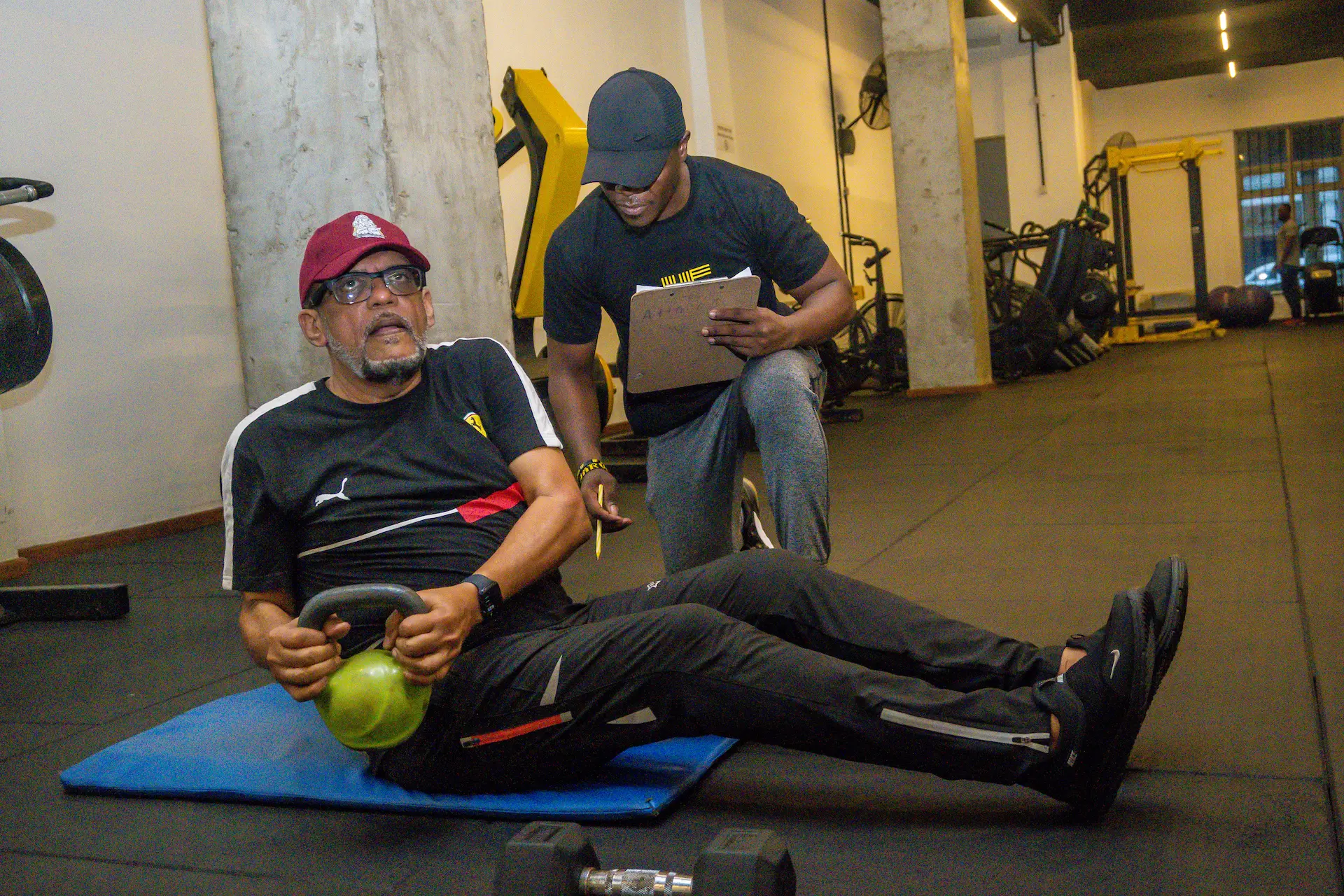Provide Sustainable Electric Bikes For Everyone
Malesuada fames ac turpis egestas. Interdum velit laoreet id donec. Eu tincidunt tortor aliquam nulla facilisi cras.
Malesuada fames ac turpis egestas. Interdum velit laoreet id donec. Eu tincidunt tortor aliquam nulla facilisi cras.

The question is not whether we age or not but rather, how well we age through exercise? The manifestations of aging, at large, are physical and mental. While we don’t quite understand what makes us age, other than it’s a natural process, we do know that we can manage this process and age well through physical activity and lifestyle choices we make throughout our lives.
Some of the physical changes we experience as we age correlate to decrease in muscle mass, decline in bone density, reduction in mobility and progressive loss of balance are just to name a few. Aging coupled with a life of inactivity may result in increased risk of acquiring chronic diseases such as diabetes, high blood pressure, unhealthy level of cholesterol…etc. The good news is that, strength and cardiovascular training have been shown to mitigate these negative effects of aging:
Strength training such as pulling and pushing externally loaded weights or exercising using your own body weight increases lean body mass and improves physical performance with meaningful results towards your daily functional activity. It also makes a significant impact in preventing some of the chronic diseases listed above. Cardiovascular activity such as walking, jogging, swimming and team games improve resting heart rate, normalize blood pressure, and are known to support the wellness of the heart and lungs.
As we age, losing our balance and falling is a likely risk that affects the quality of our lives. Engaging in Balance training to maintain and strengthen our overall posture is not only essential but should be nonnegotiable. Our capacity to do our daily functional activity entirely depends on our capacity to balance our body in all the three dimensions of our movement.
Age-related mental changes have to do with the decline or deterioration of the mind. The advent of Alzheimer’s, dementia, memory loss and depression are some of the risk factors that come with age. Though some people may suffer all or some form of these setbacks, this does not have to be our fate. It’s now common knowledge that adapting to active living has a profound impact in the way our brain ages.
We now know exercise improves cognitive functioning and memory. It also reduces the effects of stresses by increasing the availability of good hormones such as serotonin (responsible for motivation and will power), nor-epinephrine (responsible for energy and concentration) and dopamine (responsible for pleasure and focus on decision making). The process facilitating these good hormones involves the creation of specialized cells known as neurons which manage the flow of information. Exercise also improves the work of existing neurons and release neurotransmitters tasked with improving brain function. Research has shown that exercise increases the size of the area of our brain that is associated with memory, task management, coordination, and planning by increasing oxygen flow to these parts of the brain. Thus, as a result, all these positive outcomes of exercise revolve around the prevention and improvement of quality of mental health.
All in all, the impact of exercise is cumulative. You don’t have to do it all at once to draw the benefit of it. It requires planning and incremental steps that require repetitive actions with multiple objectives of strengthening our muscles and bones as well as increasing the aerobic capacity of our heart and lungs. The goal is to improve and maintain your mental and physical fitness as you cruise into your golden years. The most important and the best part of it all is that you can start at any age, and it is never too late.
Notifications
